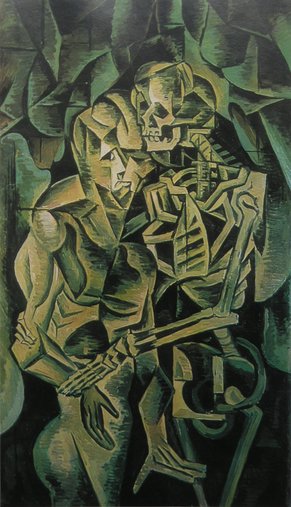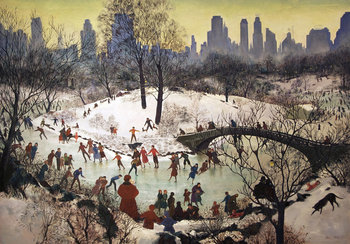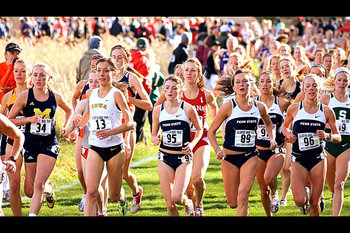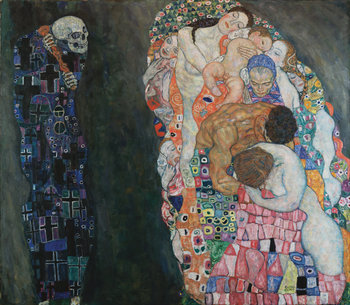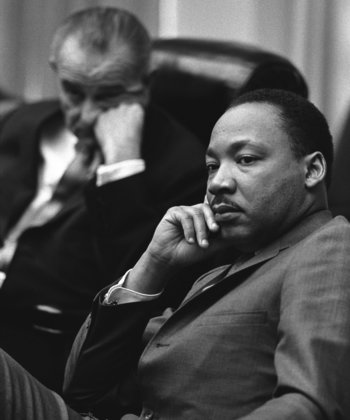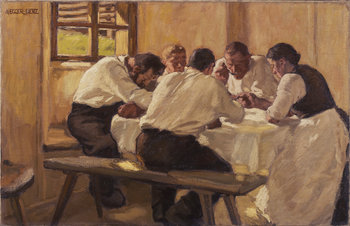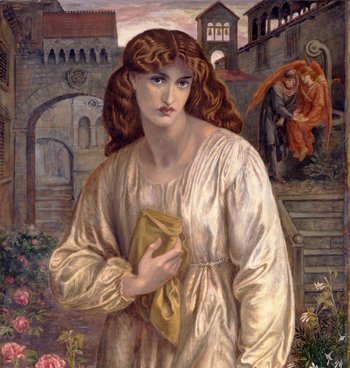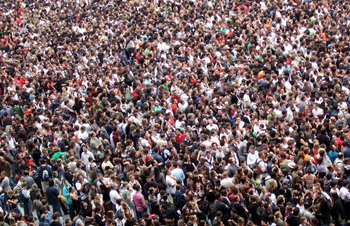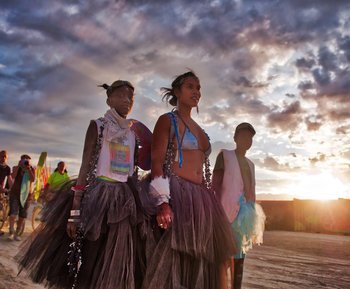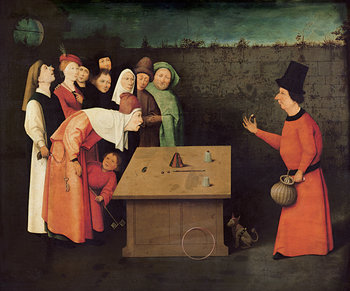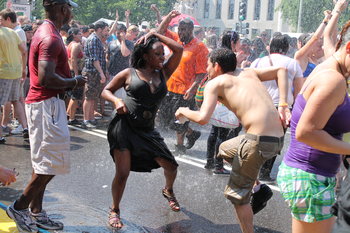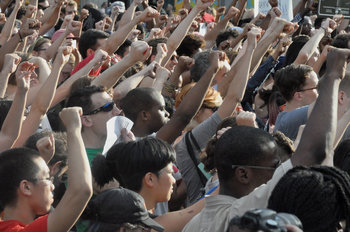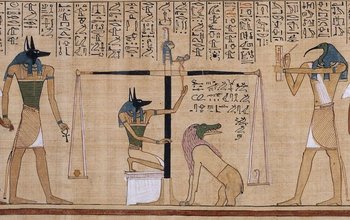
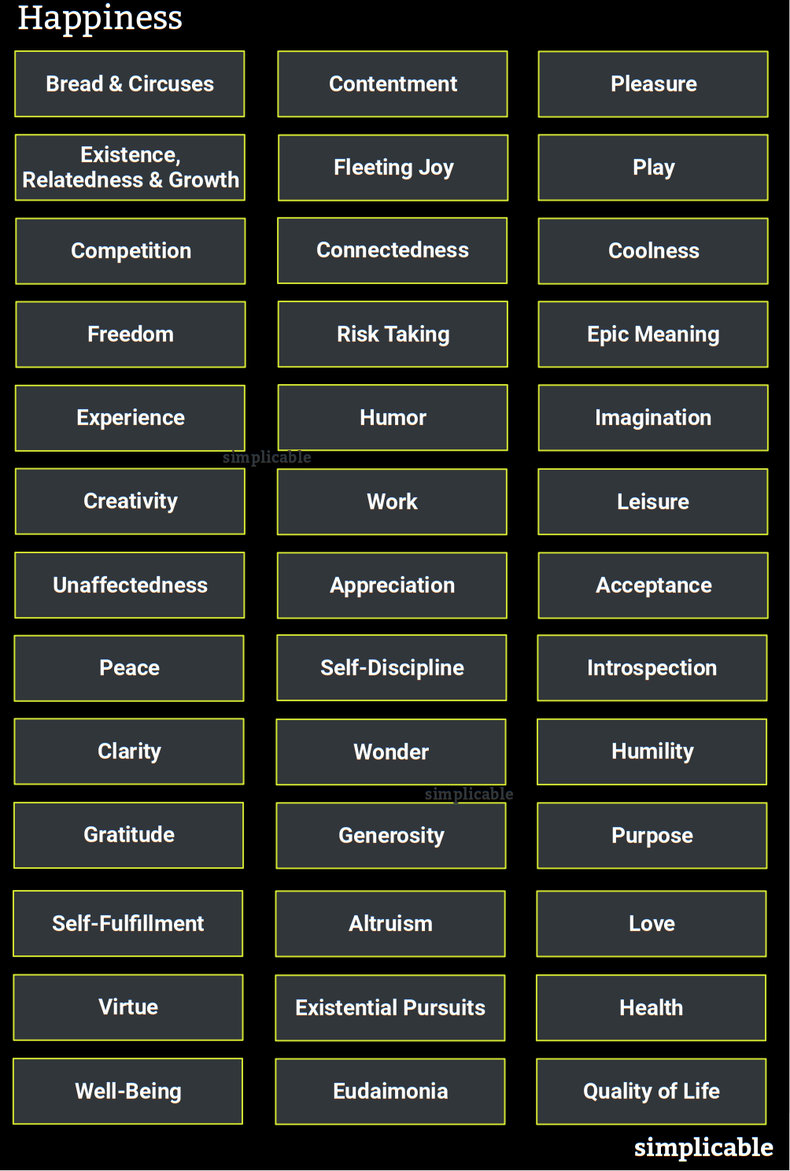
Bread & Circuses
Bread and circuses is the theory that the masses are contented as long as they are fed and entertained.Contentment
Contentment is the state of being happy with what you have as opposed to viewing happiness as something in the future that will happen if you achieve some goals.Pleasure
Pleasure are the basic physical rewards related to bodily functions such as eating. This is often viewed as a low form of joy that is enjoyed by all animals where humans have potential for greater joys by participating in the full human experience. For example, eating can make you happy but cows can also experience this type of joy. Likewise, overindulgence in things that are normally associated with pleasure can be a source of significant unhappiness.Existence, Relatedness & Growth
The theory that people need sustenance, social interaction and self-improvement to feel satisfied with their life.Fleeting Joy
A sudden sense of joy that doesn't last very long. Such as a glimpse of a beautiful scene, idea or emotion.Play
Children quickly learn to play and appear to naturally seek joy. Given a choice, children will often choose play over the things that adults worry about such as homework. Some adults remember how to play while others don't appear to remember.Competition
People naturally enjoy competition such as games, sports and business and may thrive in highly competitive environments.Connectedness
People are social beings and tend to be happy when connected to social groups such as community, family and friends. For example, parents may say that having children made them happy and gave their life a renewed sense of meaning.Coolness
The ability to relax, stop obsessing over things and feel comfortable in your own skin.Freedom
Freedom is often viewed as a source of happiness. All people need basic freedoms to feel happy. Some will thrive in complete freedom while others may be happier with constraints such as tradition, culture, rules, norms and responsibilities.Risk Taking
Embracing life by pursuing risk taking ventures such as business, travel and adventure sports.Epic Meaning
Epic meaning is a term for elements of the human experience that feel deeply meaningful such as a rite of passage.Experience
The feeling that one is participating in the human experience. For example, the joys of experiencing nature such as swimming in a river.Humor
The ability to find joy in the absurd and dark realities of life.Imagination
The imagination can be a source of joy and can be applied to things such as creativity and humor.Creativity
The process of creating new imaginative things and ideas is often described as a joyful experience.Work
Productivity tends to feel rewarding. People often notice that work has been a source of fulfillment when they retire.Leisure
The ability to spend time freely. This can involve rest, personal reflection, consumption of entertainment and pursuit of interests such as hobbies or sports.Unaffectedness
Not allowing yourself to be easily derailed by others. For example, an individual who doesn't care what others think of them because they are more concerned with some greater goal. This can be contrasted with the common urge to constantly engage in social comparison.Appreciation
Cultivating an appreciation for the world including the ability to see the good in people, culture and nature.Acceptance
Learning to accept change and that which you can't control. For example, viewing misfortune as nothing more than a chance to rise to the occasion.Peace
The avoidance of negative situations and states of mind such as conflict and negative emotions.Self-Discipline
Self-discipline is the ability to make plans for your behavior that you actually accomplish. This would appear to be a foundational aspect of happiness as a means for living up to our own expectations.Introspection
The process of knowing and accepting yourself.Clarity
The ability to clear the mind of overthinking and negative thinking.Wonder
The overwhelming sense that things are mysterious, intriguing and good.Humility
The recognition that we play only a small role in the grand scheme of things and that we depend on others.Gratitude
A sense of thankfulness for all that you have been given.Generosity
The drive to give to the world. This can be contrasted with a sense of entitlement whereby you are worried about what the world owes you. The latter is likely to be unhappy as the world isn't likely to bend to your expectations.Purpose
A common theme of art, literature, pop culture and philosophy is that a purpose in life is a basis for happiness.Self-Fulfillment
The process of achieving your purpose. People will tend to feel happy as long as they are moving in the right direction towards a goal that they may never actually reach. In other words, its not the end result but rather the journey that creates self-fulfillment.Altruism
The idea that its not what you get but what you give that makes you happy.Love
A state of complete and unconditional empathy and admiration for someone or something.Virtue
Stoics believe that the key to happiness is to be indifferent to fortune or misfortune but to focus only on your virtuous response to each.Existential Pursuits
Concerning yourself with foundational questions concerning existence, nature and meaning. The pursuit of spirituality, religion or philosophy are commonly viewed as paths to happiness.Health
Maintenance of health and fitness certainly has an influence on happiness. This being said, it is possible to transcend health problems to be happy.Well-Being
Well-being is a larger concept than happiness that includes three main components: happiness, health and economic prosperity.Eudaimonia
An Ancient Greek concept similar to the modern idea of well-being that focuses on virtue, human flourishing and prosperity.Quality of Life
Societies are often measured using a concept known as quality of life that often includes happiness, health and economic components.| Overview: Happiness | ||
Type | ||
Definition | The sense that life is good, joyful and worthwhile. | |
Related Concepts | ||





